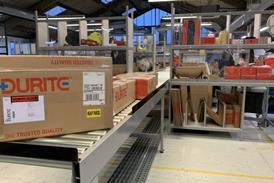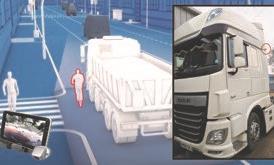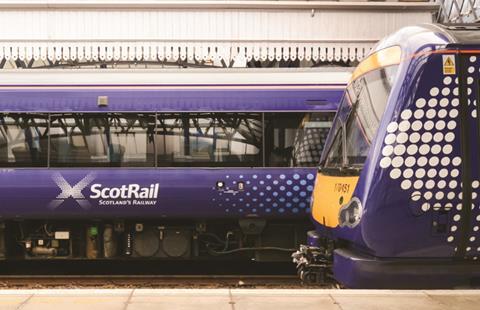
A confidential reporting system where transport employees can flag up safety concerns is being introduced into the road haulage industry.
Ciras, which has been used for 20 years by railway operators, is a not-for-profit, independent member organisation governed by a committee of industry representatives.
It was launched in 1996 to provide confidential reporting for employees working at ScotRail.
It provides a mechanism for members’ staff to raise a safety issue, in confidence, which is then taken to the employer to rectify.
Assessment
Ciras is open to staff at any level in the business, however, the majority of reports stem from frontline staff, such as drivers and engineers, who see safety concerns in their everyday work.
Susan Gray, stakeholder manager north, at Ciras, said: “When someone sees a safety concern, whatever it is, if it affects them in their work-place, we want to know about it. They can phone, email or complete a form online.”
The reporter of the safety concern is contacted by a trained analyst. They will interview them via a structured discussion to explore the concern to understand the context and find out who else knows about it.
“This is important because it allows the analysts to make an assessment as to whether confidentiality can be protected,” said Gray.
A report is produced by the Ciras analyst, ensuring all personal data is removed to maintain confidentiality, and sent to the member company, which is asked to respond within eight weeks.
Ciras does not recommend what action to take, but acts as a conduit to ensure the safety concern is raised.
Firms can then investigate the safety concern, sometimes rectifying an issue, but sometimes only needing to ensure that relevant communication has been given to employees, which might help them make sense of what they thought was a safety issue but was not.
Action taken
When the member has responded to the safety concern, its response is assessed by Ciras to ensure it has addressed the issue before being forwarded to the reporter, who has the opportunity to say if he/she is satisfied with the action taken. If not, it will go back again until both sides are happy.
All members’ reports are available online for other Ciras members to read, with regular newsletters and seminars designed to share lessons learned and safety culture best practice.
Membership of the scheme is by an annual fee, with railway companies’ fees starting at £300.
“We will engage with the road transport sector to establish what the most appropriate measure would be. We aim for our fees to be cost reflective and fair,” said Gray.
The most recent sector to come on board is the bus industry, with TfL announcing earlier this year that all London bus operators would sign up to Ciras.
Since joining, the 22 London bus companies have been responsible for approximately 25% of all reports. “This is an encouraging sign that this sector is embracing Ciras and making it work for them,” said Gray.
A breakdown of the reports showed that 27 out of the 28 reports were made by drivers. Issues raised included concerns over vehicles, rostering/hours connected with fatigue, and the work environment – all of which could equally apply to the road haulage sector.
Cultural issues
“One of the interesting things about Ciras is that it can pick up cultural issues and behavioural trends that precede a close call or an incident,” explained Gray. “The prevention of things that, if left unchecked, could lead to an issue in future.”
Ciras is already present in the road haulage sector though the crossover of construction contractors working with Network Rail.
A report carried out by Ciras in November 2015 showed that 33 Clocs champions were members of Ciras, alongside 200 of those registered with Fors.
Talks with a number of road transport companies have been received positively, said Gray, who added that the organisation would look to liaise with trade bodies such as the FTA and RHA to establish how it could best serve this sector.



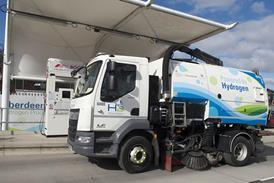


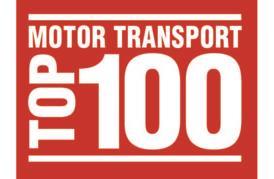


![Mercedes-Benz_eActros_600_(1)[1]](jpg/17820_mercedesbenz_eactros_600_11_978080.jpg)

